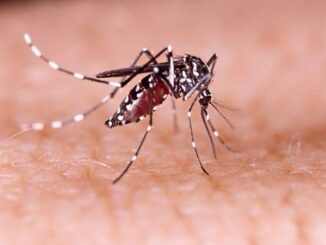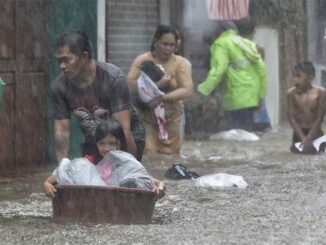
MANILA, Philippines — The Department of Health has reported a surge in acute complications of noncommunicable diseases (NCDs) amid continuous parties and merrymaking, as the public gets ready to welcome the New Year.
There are three acute complications of NCDs that the DOH is monitoring: stroke, acute coronary heart syndrome (ACS) and bronchial asthma.
Latest data released by the DOH showed there were 103 cases of stroke recorded from Dec. 23 (12 cases) to 30 from its eight sentinel hospitals.
The DOH said there were two deaths in the total number of stroke patients aged 45 to 64 years old.
As to ACS – a medical emergency that occurs when blood flow to the heart muscle is suddenly reduced or stopped – from two cases recorded last Dec. 22, the number went up to 62 on Monday. One death was recorded among the ACS patients aged 55 to 74 years old. Falling under ACS is myocardial infarction or heart attack.
The DOH is also monitoring increased cases of bronchial asthma, given the rampant use of fireworks, days leading up to the New Year’s Eve celebration.
From Dec. 22, the six cases of bronchial asthma rose to 63 last Dec. 30.
The DOH said the asthma patients it recorded are children from 0 to 9 years old.
The department stressed the importance of taking good care of one’s heart and lungs by exercising regularly, avoiding fatty, salty and sugary food and alcoholic drinks.
“Remember to take your maintenance medicines, and stay away from areas filled with smoke caused by lighted firecrackers or fireworks,” said the DOH.
Meanwhile, health advocates reminded families and persons living with NCDs to stay mindful of their health, especially with the upcoming year-end feasts and celebrations, to better manage their conditions and avoid complications.
“We all want to enjoy the food and festivities for Media Noche, but NCD patients need to take extra precautions, especially in terms of their diet. We encourage them to keep an eye on their health, including their blood pressure, blood sugar or medications,” Paul Mendoza, secretary of the International Alliance of Patients’ Organizations, said in a statement.
He added, “It would also be best to consult with their health care provider for proper monitoring and to prevent unnecessary hospitalizations.”





Be the first to comment